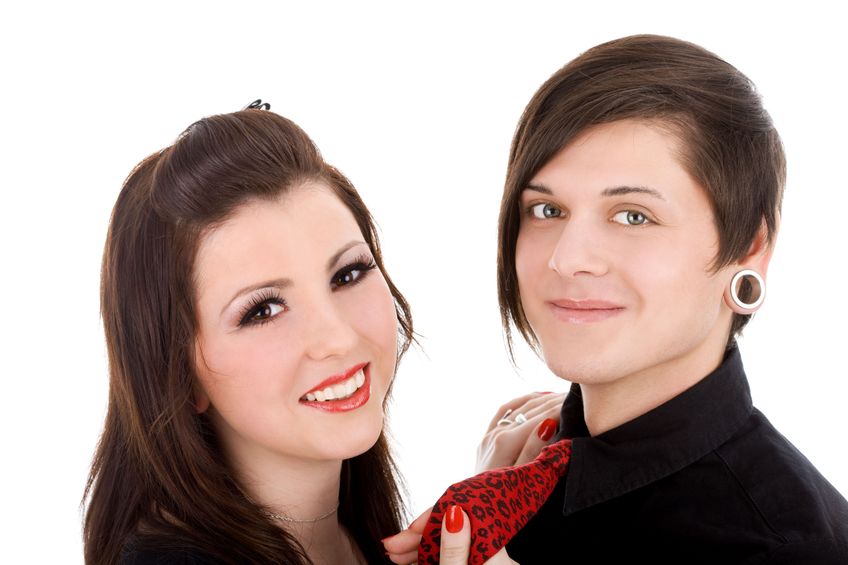Bi-curious is a term used to describe someone who is curious about sex with a different gender than they are typically attracted to.
It can be a confusing and uncomfortable topic for some people to discuss, so it is important to have a safe place to talk about it. Fortunately, there are plenty of resources available that can help you.
Definition
The term bi-curious is a way of describing a person who is interested in having sexual relations with another gender. It’s often used in conjunction with the term bisexual.
The word lesbian is often used to describe a woman who is attracted to women. It’s important to note that this doesn’t mean a person has to be in a heterosexual relationship.
A person’s sex is assigned at birth but it’s influenced by a number of factors, including their chromosomes, genes, hormones and other reproductive anatomy. It’s not a fixed trait or feature, and it can evolve in different ways depending on the person’s personality, environment and experiences.
If you or someone you know has been feeling unsure about their sexuality, it’s a good idea to seek professional help. It can be an incredibly emotional experience and some people may need to talk through their feelings with a counsellor or other mental health professional.
Origins
If you’re a cis (or previously-cis) person and you’re attracted to someone who isn’t your same-gender, it’s possible that you might identify as lesbian curious. But there’s a lot of misconception about what this descriptor actually means.
The origins of lesbian curious are unclear but it might have come from the idea of exploring different sexualities without fully committing to one. It can also be used to describe anyone with a bisexual (those attracted to both genders) identity who is interested in exploring queerness and sexuality beyond their traditional expectations.
The first mention of same-sex lesbian relations in history comes from the Code of Hammurabi, a Babylonian law that allowed women to marry other women. It’s important to note that this was a long time ago and there isn’t enough evidence of this practice to truly understand what it meant. However, there is plenty of evidence from other cultures that same-sex sexuality existed and was thriving across the centuries.
Misconceptions
There are many misconceptions associated with lesbian curious. The most common are based on misinformation, and some of these are even rooted in racism.
Some straight people assume that a bisexual woman is waiting for her man to come along, while others believe that bisexual women are shrivelled up into bitter husks. These stereotypes can make it difficult for a person to date or engage in relationships with a bisexual person.
Often these myths are perpetuated by mainstream media, which does not provide accurate portrayals of bisexuals. Getting firsthand knowledge from a bisexual friend or partner can help you distinguish between truth and misconceptions.
Bi-curious is a term used to describe someone who is either gay or straight but is attracted to other genders. There is some debate about whether this term is rooted in biphobia, however.
Meaning
Are you suddenly feeling *intrigued* by the bisexual stars on your social feeds? Or maybe you think you’re straight but you can’t quite figure out what to make of those feelings.
You might feel a little confused or even untrustworthy, but that’s OK! You’re not the first person to find themselves wondering about their sexuality.
It’s also important to remember that your sexual orientation is valid, no matter what label you choose at a certain point in your life. That’s why it’s so important to ask yourself questions and search for answers.
It’s also important to be aware that some LGBTQ+ folks frown on people who use the term bi-curious, which can create a negative image for those who are experimenting with their sexuality. This can lead to bisexual erasure.

